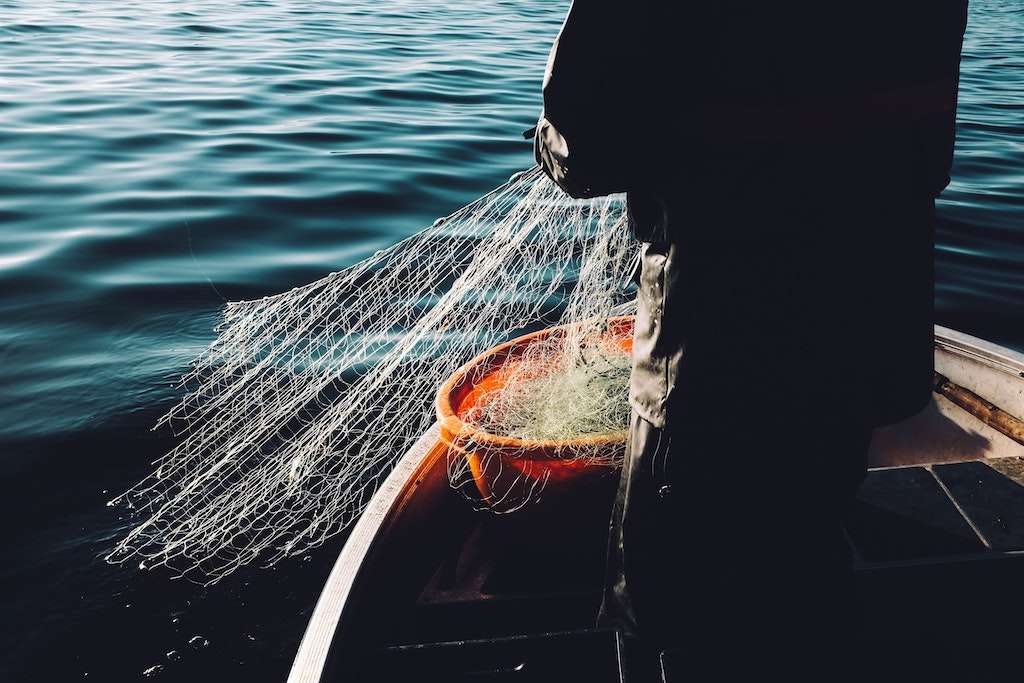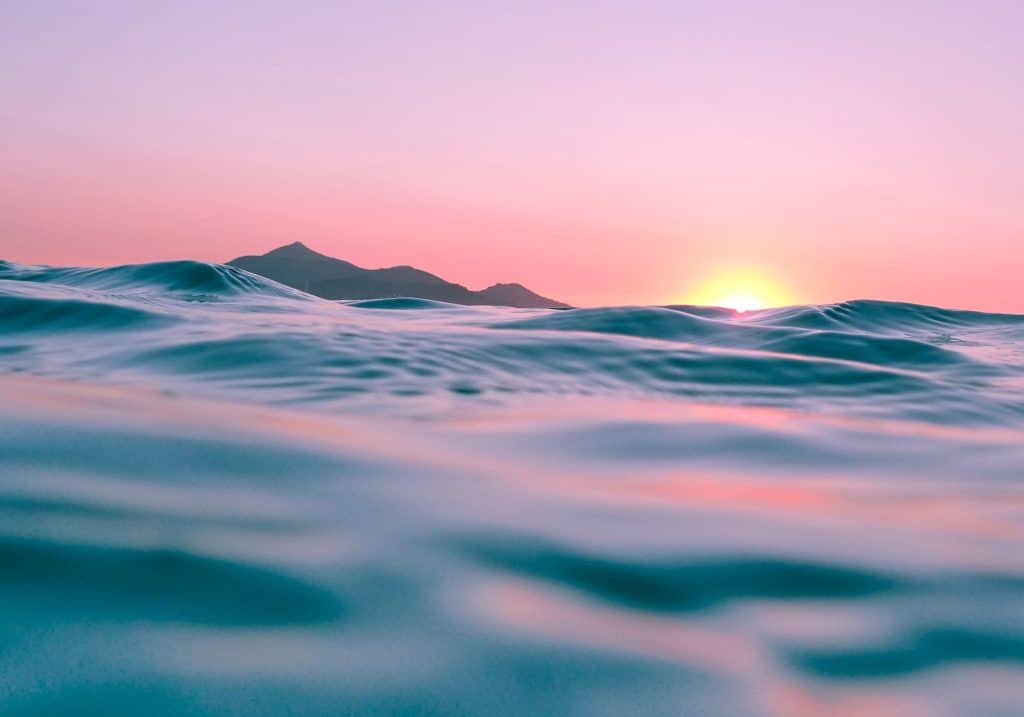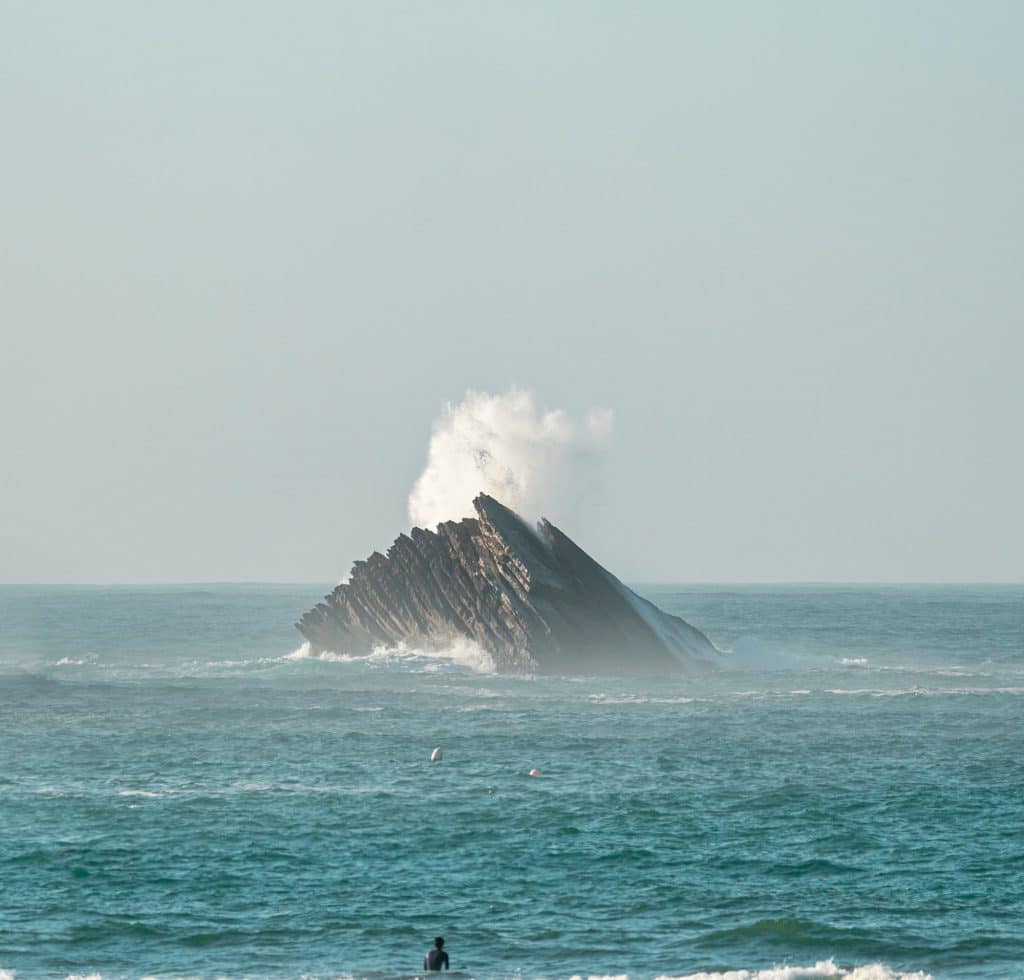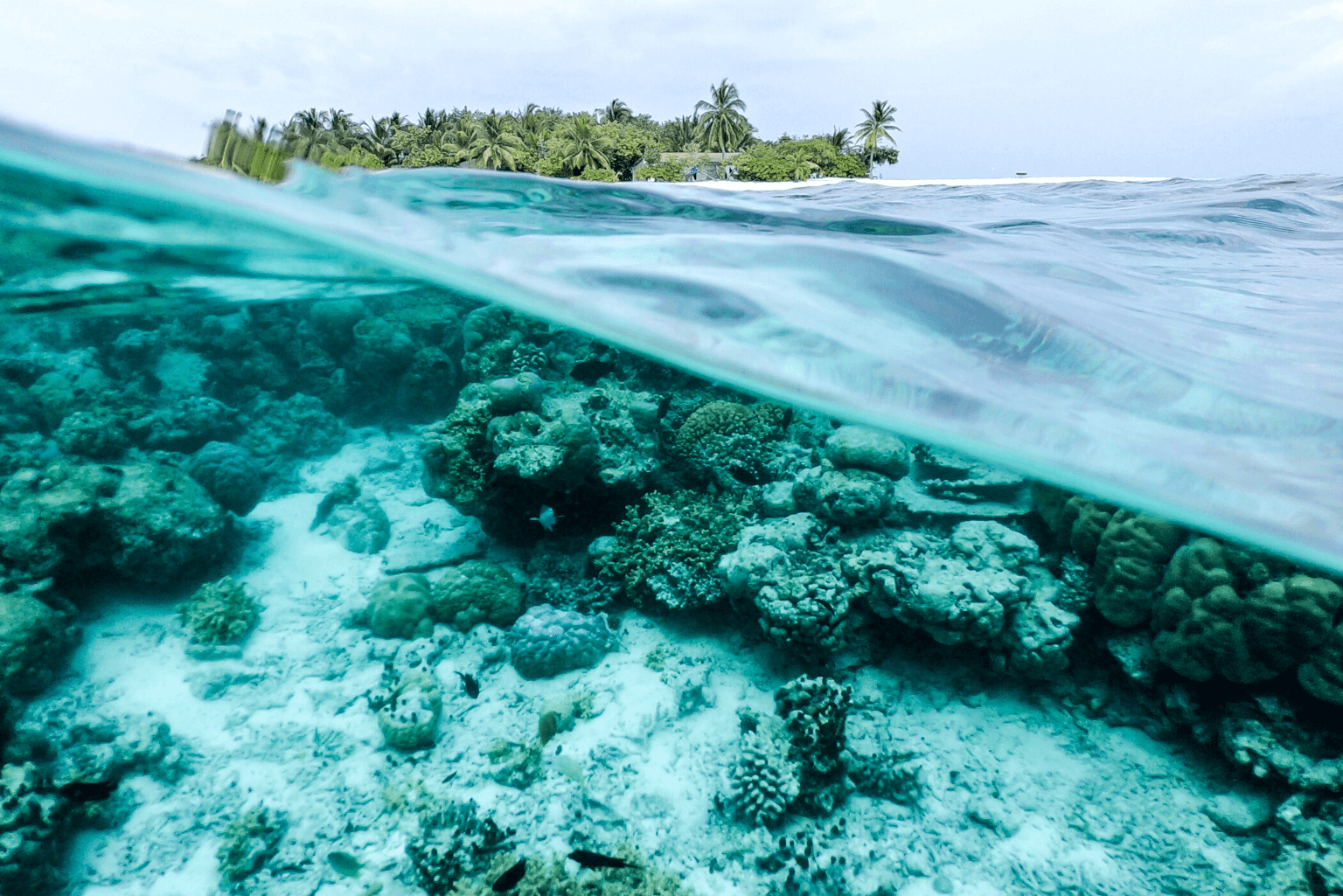Curbing single-use plastic is critical in fighting ocean plastic pollution, but so is tackling an even bigger offender: ghost fishing gear.
It’s no secret: the world’s oceans are brimming with plastic. But while this pollution has only received mass mainstream media attention in recent years, the problem has been going on for decades. In the 1960s, U.S. scientists first discovered seabirds were consuming plastic-based materials that had found their way into the oceans, and seals were becoming entangled in fishing nets. In the 1970s, researchers found tiny fragments of plastic floating in the ocean, later referred to as microplastics.

But still, we didn’t slow down on our plastic use. In fact, in the last three decades, plastic consumption has quadrupled, and it’s estimated that approximately 12 million tons of plastic waste enter the ocean every year. That said, countries have been taking action. The U.K., for example, is set to ban single-use cutlery, plates, and cups. Australia has banned plastic bags. And India introduced a single-use plastic ban in 2022.
But there’s one major part of the plastic crisis that governments don’t seem to be cracking down on as hard: the fishing industry. Last year, a report from Greenpeace suggested that more than 640,000 tons of commercial fishing gear, which includes nets, lines, pots, and traps, were discarded in the oceans. And, according to the researchers, this means that abandoned or lost fishing gear makes up the majority of ocean plastic pollution.
Fishing and plastic pollution
According to Greenpeace, around half of plastic pollution can be linked back to 4.5 million fishing vessels. And all of this is deadly for wildlife. The International Whaling Commission (IWC) notes that more than 300,000 whales and dolphins die every year due to entanglement in fishing gear. In fact, the problem is so bad, the IWC even has its own dedicated Global Whale Entanglement Response Network.
But there are rules against throwing fishing gear overboard. The International Convention for the Prevention of Pollution from Ships has been in place since the 1970s, and so has the Convention on the Prevention of Marine Pollution by Dumping of Wastes and Other Matter. Both aim to regulate waste and prevent ocean pollution. But, as the data confirm, they don’t seem to be working.

As Greenpeace has noted before, this is partly to do with loopholes. The latter doesn’t apply to accidental loss of fishing gear, while the former doesn’t apply to vessels that have taken “all reasonable precautions” to prevent loss. Another key issue is a lack of enforcement of these rules. But also, on a practical level, many fishers just don’t have the resources to pull lost or broken gear back out of the ocean.
However, organizations, like the Global Ghost Gear Initiative (GGGI), are doing their best to help solve the problem. And some governments are lending their support.
In September, Canada shared data with GGGI regarding lost or abandoned fishing gear (or “ghost gear,” as it’s often referred to). At the time, the country’s minister of fisheries, oceans, and the Canadian coast guard, Joyce Murray, said: “Sharing data with the GGGI global data portal is an important step towards better understanding the amount and locations of ghost gear to protect aquatic species, including the endangered North Atlantic right whales.”
According to GGGI, Canada offers a model for how all countries could address the ghost gear problem. It doesn’t penalize fishers for losing gear, instead, it supports them to find the gear and remove it from the oceans. But still, when it comes to global environmental threats, it’s easy for the average citizen to feel powerless. There are things that can be done, though. GGGI has a Ghost Gear Reporter app, for example. So, if you’re walking along the beach and you come across some abandoned fishing equipment, you can log the sighting into the app. Doing so helps the GGGI establish a global baseline of data regarding ghost gear, and come up with effective solutions to manage it.

Taking part in local beach clean-ups is another key action. But also, disengaging with the industrialized fishing industry and removing fish from your diet can help too. Not only does this help to reduce plastic pollution, but it also helps to mitigate overfishing, which is depleting the ocean of marine life.
But cutting out, or cutting down on, fish doesn’t have to mean sacrifice. Vegan seafood options, from brands like Good Catch, Impossible Foods, Sophie’s Kitchen, and even supermarket own-lines, are becoming more accessible. And the market is growing faster than ever. By 2031, the plant-based fish industry is expected to exceed a value of $1.3 billion.
It’s a simple swap to make. But we don’t just owe it to ourselves. The futures of whales, dolphins, seals, turtles, and more marine creatures who suffer from fishing pollution, are at stake.
Related on Ethos:


